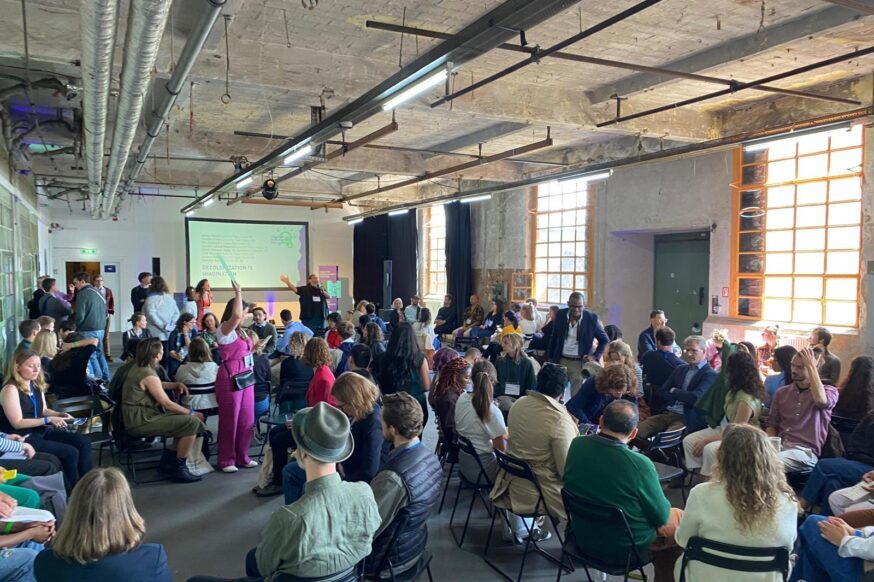It’s one of the biggest news stories in the UK right now: how hundreds of Post Office staff were wrongly accused of theft and fraud due to the failures of the Horizon computer system.
There are heartbreaking tales of false imprisonment, financial ruin, and lives destroyed – some even lost. But it’s nothing new. The government launched an inquiry into the issue in 2020, and cases date back to as early as 1999. As it happens, one of my neighbours was affected by the scandal, so I’ve listened to the story first-hand over the last few years. But all of a sudden, it’s everywhere. Why now?
Well-told stories change things
Almost four years after the inquiry was announced, the UK Government is drafting new laws to exonerate people who were wrongfully convicted. The main reason seems to be the release and success of a four-part ITV drama, Mr Bates vs The Post Office, which aired in January 2024.
It would be easy to take cheap shots over politicians being led by television. I prefer to think that most people have a strong sense of justice and that when they had the chance to understand the real human impact, they called for change. The story made a real emotional connection with people, which the government couldn’t ignore.
I don’t know who first said it (if anyone has a source, please share), but there is a phrase that has stuck with me:
“Logic makes people think, emotions make them act.”
That’s why I’ve spent my working life listening, co-producing, and sharing stories. Because finding that emotional resonance can motivate people and create change in a way that facts and figures rarely can.
Governments should get better at listening to stories
Of course, the flip side of this argument is also present in the Post Office scandal. Since the Post Office is part of the Department for Business and Trade, this a prime example of a government valuing hard numbers over human experience. When their new computer system told them that the numbers didn’t add up, they blamed the people, with disastrous results. Can sub-postmasters be trusted? Computer says no.
Who knows how this could have been different if they’d taken the time to truly listen to people’s experiences? If they’d brought people together to share their stories and noticed whether there were patterns? Over and over again, our work with Governments reveals that listening to community stories changes how we understand and approach challenges. As one participant in our Innovation Training Programme said,
“What we thought was the problem didn’t actually turn out to be the problem.”
This isn’t about ignoring data. Numbers can be valuable. But even if the computer system had been functioning well, it could never have understood the real experience of running a post office, or made the service better for the communities who use it. If we get into the habit of valuing and listening to stories instead of blindly trusting technology, we get a fuller picture.
Being heard connects us
There’s another part of this story that feels really important to me. This didn’t just affect one person – hundreds of people had similar experiences. I can only imagine how lonely it must have felt for people who thought they were the only ones.
When I was six, I was falsely accused of stealing money from the school dinner tin. Of course, there is no comparison between that and the experiences of sub-postmasters, but decades later, I still feel hot shame when I think about it. Even the thought of people reading that sentence and wondering if I did it still feels awful. Shame and secrecy are deeply isolating.
There is tremendous relief and power when people come together to share their stories and realise they are not alone. I feel quite emotional when I see images of people who were affected standing side by side. That connection is incredibly powerful. It’s healing, and it leads to real collective action.



